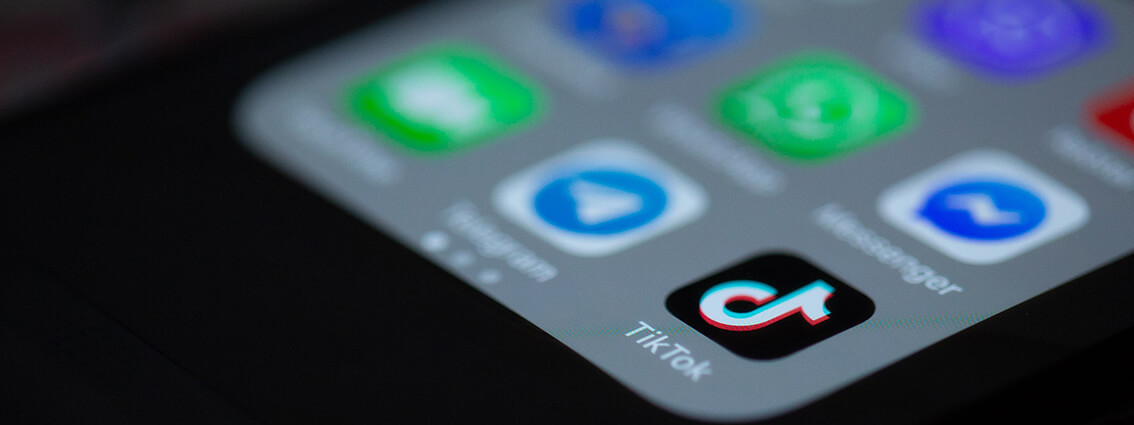Social Media: Going into secondary school
Social media is of course a powerful tool in todays society, allowing billions of people across the world to connect at the simple click of a button, and share content from pictures of their pets through to ground breaking discoveries and world-renowned campaigns, and everything in between. This is resulting in the vast majority of the student population now being connected on social media and being heavy, multipurpose users, ever from as young as 8 years old in most places.
This isn’t without it’s negatives, recent research and studies indicate that despite children spending most of their time playing games at first, once in primary school, the shift toward social acknowledgement from media is huge. This is often the first step into a need for approval and social validation, through the need for likes and shares. This also leads to a more anxious state among this age group. This creates a dependant person on what others think about them rather than their own belief system, through editing and the popularity of others and the content that they post, spanning right through to the idolising and following of celebrities who only increase this further.
Despite these negative aspects, social media and how children use it is near impossible to control, and because of this, the only real solution as proposed in the report, is to begin to teach children about these effects that social media can have, and how to cope with them properly. This educating of children on such a sensitive topic is essential in preventing them from possibly developing further underlying insecurities and relying so heavily on social media for approval.
Share this post:






